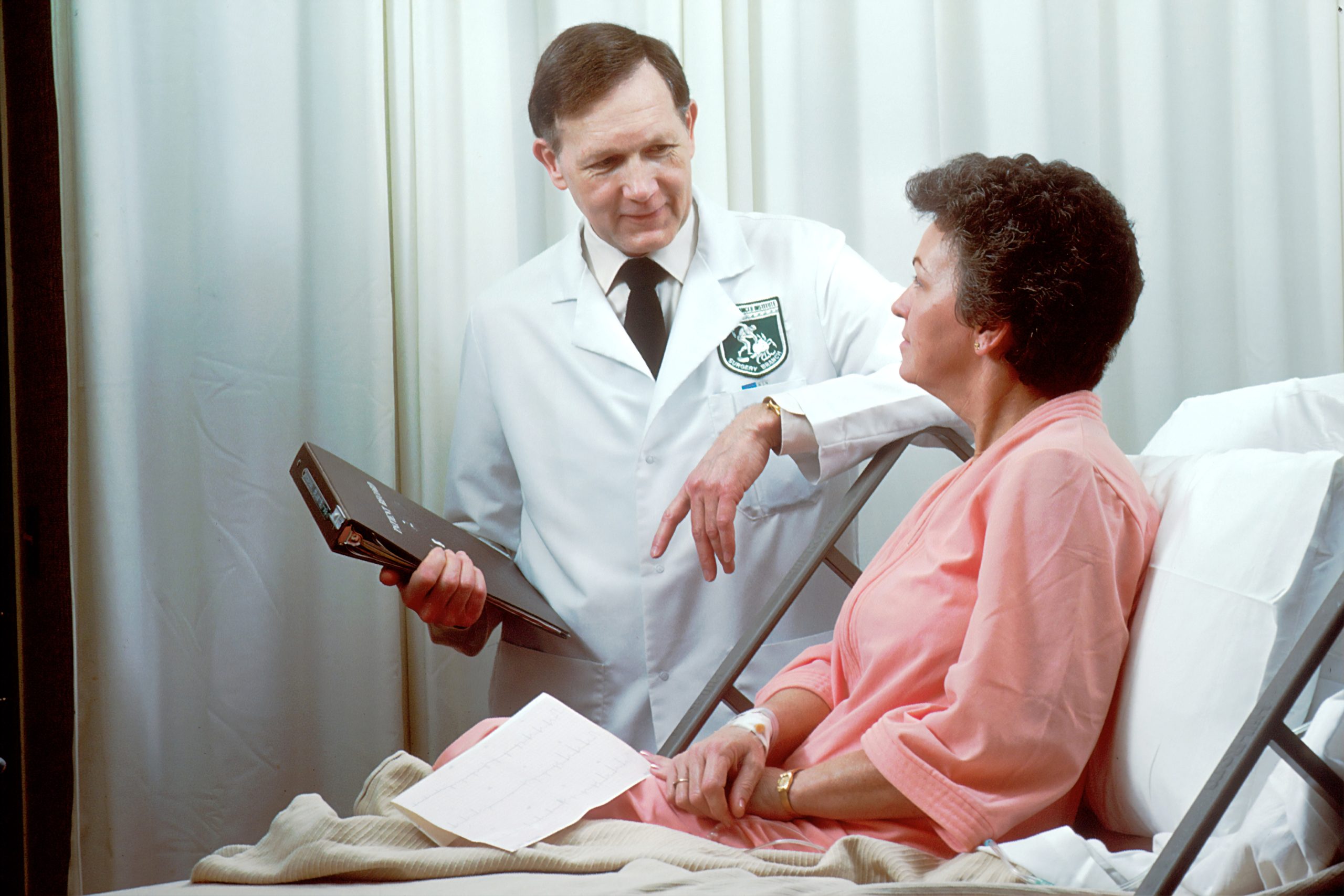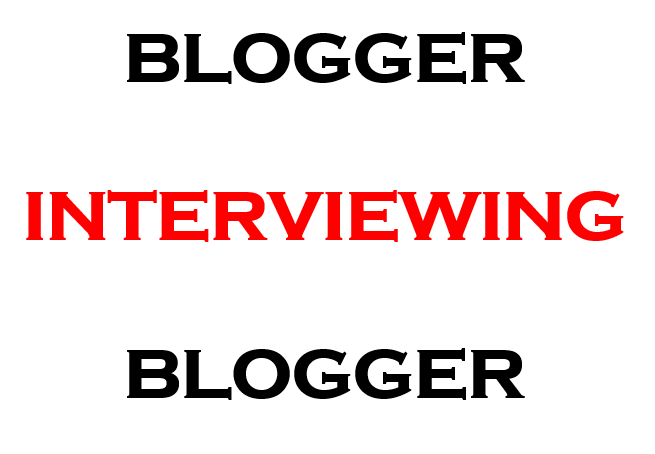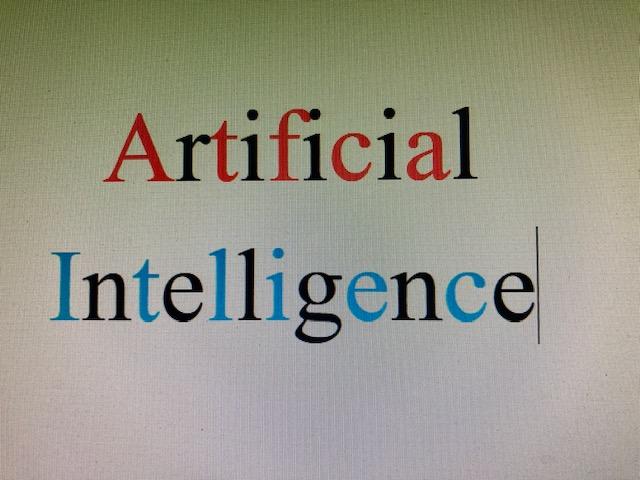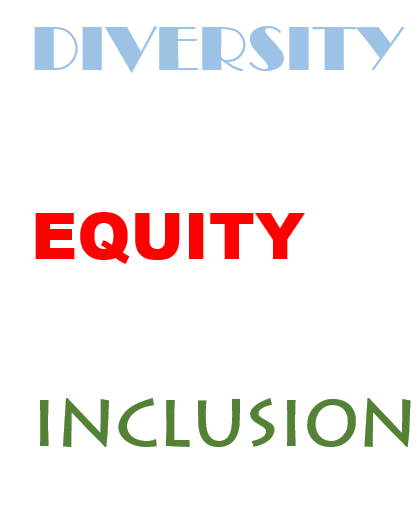Biden versus Trump: Again? I know, you’re probably sick of the story, as am I. I’ve covered aspects of this dismal presidential race in earlier posts (see here, here, here, and here). But the bad vibrations from these two bunglers keep jangling the nerves of most of us. Just today, a former editor and now columnist for the The Wall Street Journal (see here) lamented the deficits of each. Here is part of what he wrote.
Like a good movie, a successful presidential campaign requires the willing suspension of disbelief on the part of the viewing public. . . . Almost none of us believe all the implausible promises we are told. No candidate is the model of national leadership they all purport to be.
Unfit protagonists
What makes this contest especially unusual is that this must be the first contest in which those close to the two main protagonists know only too well more reasons to doubt the fitness of their man for office than do the voters at large. I’ll interrupt here to say Baker’s point may be true, but if you don’t realize that neither Biden nor Trump has the capacity to be a strong and reliable leader, you simply haven’t been paying attention.
On President Biden’s side, the louder the protestations we hear from his aides that his age isn’t a problem, the more we can be certain that it is. “Behind closed doors, Biden shows signs of slipping,” as a Journal article put it recently. The energy Democrats exert rebutting the story is all you needed to know about its accuracy. . . .
I would wager that if you fed the president’s senior associates a truth serum and then asked them if they were confident he could do the job for another four years, the honesty you would hear would scare the living daylights out of you.
Trump’s character
But the fictions we are being asked to believe about Donald Trump are equally far-fetched. Though he too is showing indications of age-related decline, it’s not his competence that’s primarily at issue but his character. The public has had a good chance to see the measure of the man by now and most continue to think it unsuited to the presidency. As it is with Mr. Biden’s closest associates, you can rest assured that those who have worked closely with the man are swallowing doubts so large they have lumps the size of basketballs in their throats.

Buying votes?
There is, of course, so much more to consider, starting with what can only be described as their ploys to buy votes. Who would argue that Biden wasn’t attempting to buy votes with his welfare spending and student-loan forgiveness? Some commenters have speculated that his ploy may come back to bite him, the bite provided by voters who have paid off, or are paying off their student loans, and perhaps even by those with mortgages and other types of loans that aren’t being forgiven.
Naturally, Trump is not far behind. He just floated the lure of exempting worker tips from federal taxes. Consider how many people that might appeal to. Huge numbers of workers depend on tips for an adequate income. To me, the proposals of each man are as obvious as if they were standing in front of polling spots and handing out crisp bills of varying denominations.
No matter where you stand politically, I would wager that your thoughts are not far from a phrase in Gerald Baker’s column. We are in an alarming condition: My fear of the other guy is slightly larger than my fear of my own guy.
In short, in the upcoming election, it appears that the majority of us will not be voting FOR anyone. Rather, our vote will be against the guy we fear the most. Yikes! And November is still more than four months away. Biden versus Trump again? Brace yourself!
Personal note:
Regular readers will have noticed that I’ve been quiet here for a few weeks. Part of the silence was due to a short trip, but for most of my time I’ve been attending to a huge number of tasks that have accumulated for various reasons. I’m still trying to catch up, but I won’t disappear from here for too long.
















